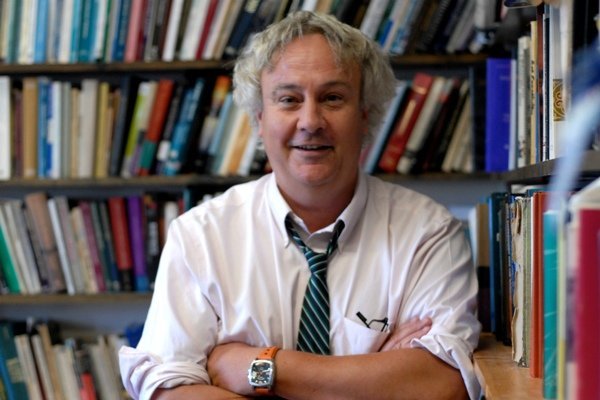Suhrawardi promoted philosophical methodology that gave central place to divine illumination: philosopher

TEHRAN – Professor Charles Taliaferro calls Suhrawardi a “brilliant” philosopher who promoted a “philosophical methodology that gave central place to divine illumination.”
Taliaferro, professor of philosophy at St. Olaf College, tells the Tehran Times that “Suhrawardi's meditative, poetic treatments of light and enlightenment pose a sharp contrast to the comparatively drier, sometimes arid tone of analytic philosophy.”
Following is the text of the interview:
Q: What is the status of Suhrawardi in the history of philosophical thoughts?
A: He is a brilliant, 12th century Persian philosopher who promoted a philosophical methodology that gave central place to divine illumination. He has been called the master of illumination. Despite his life being cut short at only 38 years old, he produced over fifty works in Persian and Arabic. He is philosophically interesting to compare with Christian thinkers such as Augustine, Bonaventura, and Henry of Ghent, each of whom developed a robust conception of divine illumination. Suhrawardi is a fascinating example of a philosopher who contributed to epistemology, metaphysics, and philosophy of religion in a fashion that gave an important role to revelation and experience.
Q: What is the importance of his thoughts in Western philosophy?
A: Because Suhrawardi's work was not translated into Latin, he was only encountered tangentially or indirectly, sometimes in the context of the Western treatments of the sufi tradition, until the 20th century in Europe and throughout the English speaking world. We are all in debt for the late Iranologist Henry Corbin who worked hard to promote translations of his work and to disseminate his ideas. Corbin did much to enrich our appreciation for the richness and diversity of Islamic philosophy.
Suhrawardi is a fascinating example of a philosopher who contributed to epistemology, metaphysics, and philosophy of religion in a fashion that gave an important role to revelation and experience.
Q: Can it be said that Suhrawardi's work was a turning point in Islamic thought?
A: Yes. In a sense, Suhrawardi secured a philosophical tradition that was and is deeply affective that gives a high role for revelation and imagination as opposed to the Aristotelian tradition with its stress on rationalism.
Q: Do the Western philosophers know about Suhrawardi’s philosophical thoughts?
A: As I suggested, he is not widely known due to his works not having circulated in translation until recently. But his work is now increasingly available. I have used a wonderful translation of The Shape of Light in philosophy seminars to great effect. Suhrawardi's meditative, poetic treatments of light and enlightenment pose a sharp contrast to the comparatively drier, sometimes arid tone of analytic philosophy.

Leave a Comment